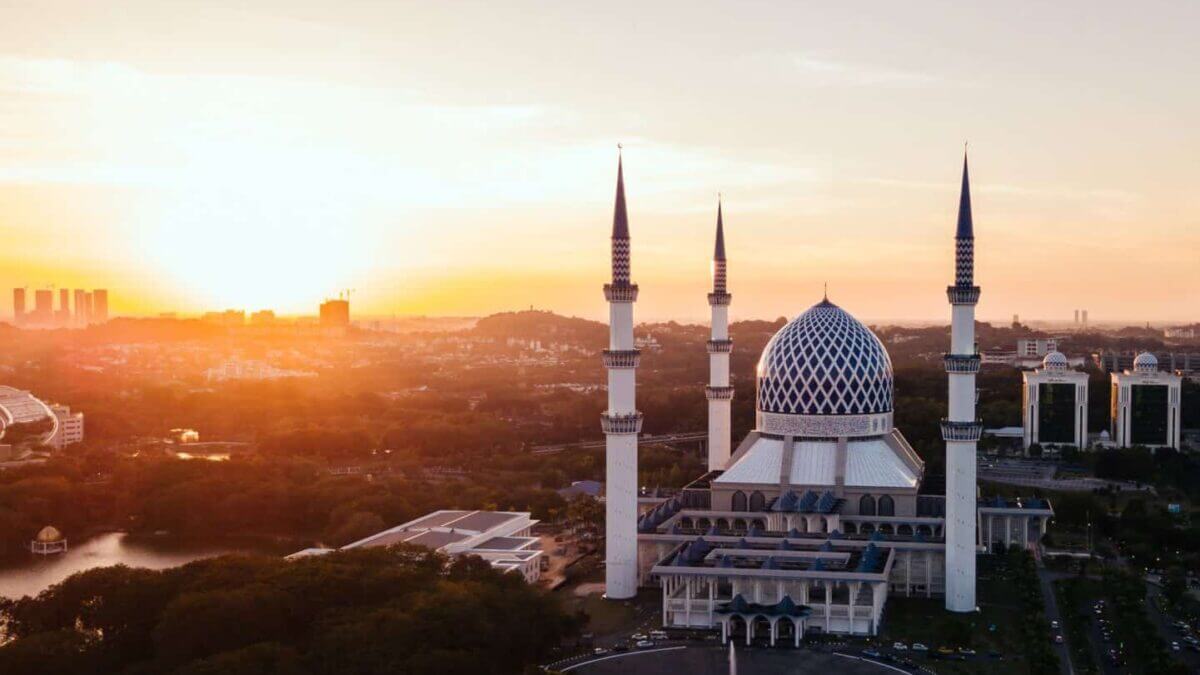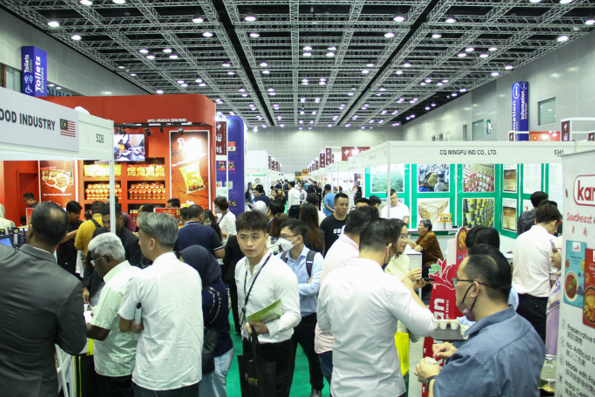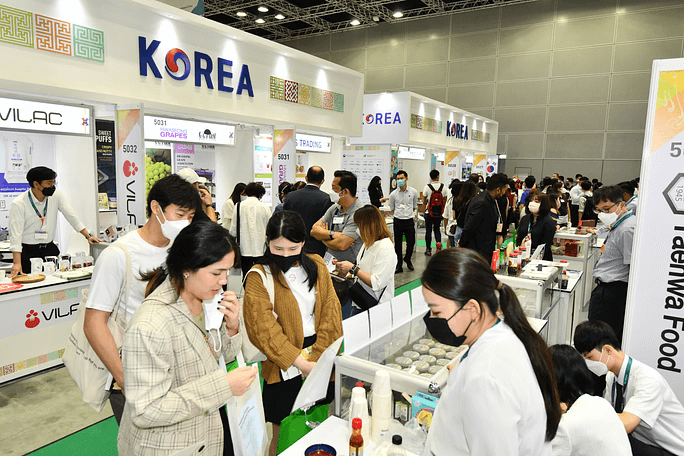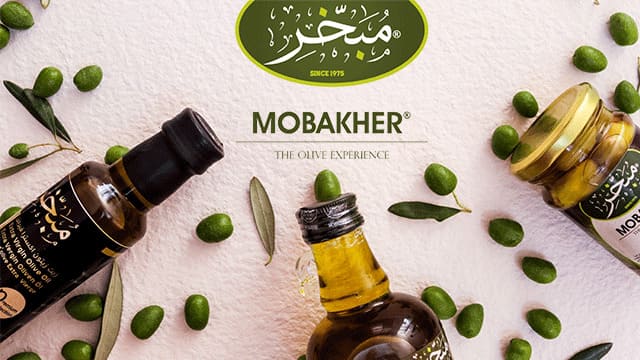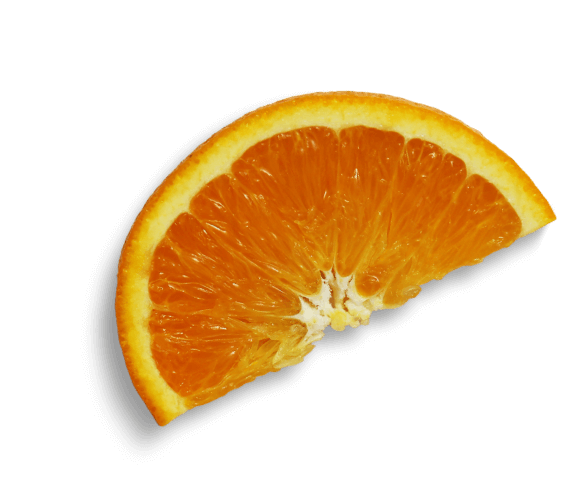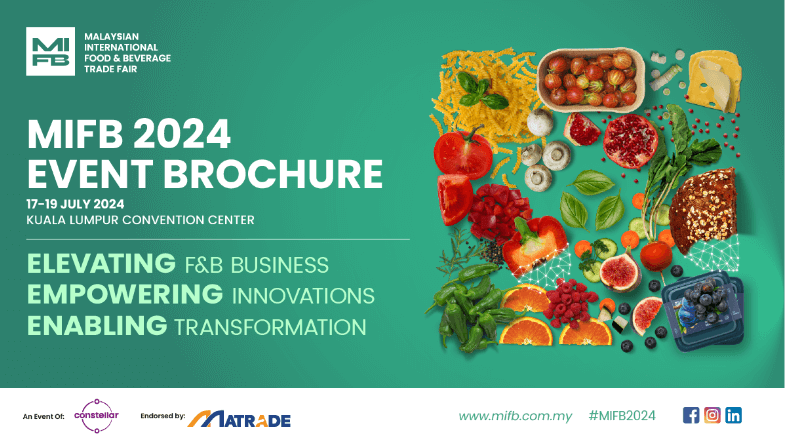The general perception is that the word “halal” only applies to the food and beverage industry. In reality though, halal is the manner of producing goods and services that is syariah or Islamic-law compliant, including pharmaceuticals and cosmetics.
Although halal standards can be applied across all industries, halal awareness and observance have been the highest within the food and beverage industry, making compliance to be very important. It has been stated that food makes up about 60% of the halal industry which includes primary meat, processed goods, bakery food, and confectionary.
Since the 1980s, Malaysia was the pioneer in establishing Halal laws and remains a force in matters relating to halal certification globally. The country has also been developing the halal industry since the early 2000s, which resulted in the country’s halal exports reaching RM43 billion in 2017.
In fact, the Halal Industry Development Corp (HDC) has projected the figure to hit RM50 billion by 2020, on the back of the growing Muslim population that is estimated will be at 27% of the world’s population by 2030. HDC is the only government-mandated company in the world tasked with coordinating and developing the national halal industry.
Malaysia’s ‘Halal Certified’ stamp on a label is seen as a sign of trustworthiness indicating genuineness by Muslims. What’s more, such a stamp may even be required for the export of food to certain Muslim countries.
According to the SME Annual Report 2007, the United Nations has even cited Malaysia as a benchmark for the halal food industry. This is because there is only one halal standard adopted throughout the country which has resulted in the Malaysian standard becoming the basis for the development of the world’s halal food industries.
In the third phase (2016-2020) of the Malaysia Halal Master Plan, local companies are supposed to broaden their global presence. This should not pose a problem as local halal food products can gain easy access into other halal markets as Malaysia’s Halal Certification is globally recognized.
Worldwide, the global demand for halal products will continue to increase. Figures show that the global halal industry is set to grow between US$3 trillion (RM12.21 trillion) and US$4 trillion (RM16.28 trillion) within the next five years, from the current US$2 trillion (RM8.14 trillion). A report released by Pew Research Center’s Forum on Religion and Public Life, 79 countries will have a million or more Muslim inhabitants by 2030.
As the middle class in Muslim majority countries such as Indonesia and Malaysia skyrockets, spending on halal food will continue to propel higher. This will be further fuelled by younger demographics and higher birth rates for Muslims compared to the overall world.
Asia alone is home to about two-thirds of the world’s Muslim population but it’s not just the Muslims who gravitate towards halal products. Non-muslims have also taken to purchasing halal products as the certification is seen as a hallmark of reliability, food/product safety, and hygiene. However, Malaysia has to also ramp up its efforts to stay ahead in the halal industry.
In January 2019, Entrepreneur Development Minister Datuk Seri Mohd Redzuan Md Yusof said Malaysia’s halal industry has been too focused on promoting halal products while neglecting halal processes that could lead to missed opportunities.
Many countries have also jumped on board the halal train to capitalize on this growing industry. However with its vast experience in the sector and being a Muslim country, Malaysia is well positioned to be a production, promotion and distribution Halal hub in the world.
Learn more about how you can capitalize on the growing halal industry at the Malaysian International Food & Beverage (MIFB) 2019 Trade Fair from 26-28 June 2019.
